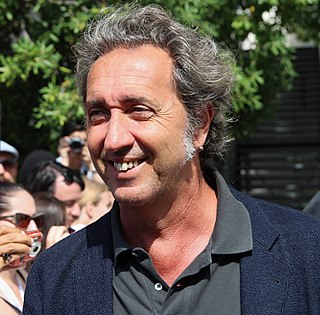A Quote by Charles Godfrey Leland
Related Quotes
I exist. It's sweet, so sweet, so slow. And light: you'd think it floated all by itself. It stirs. It brushes by me, melts and vanishes. Gently, gently. There is bubbling water in my mouth. I swallow. It slides down my throat, it caresses me — and now it comes up again into my mouth. For ever I shall have a little pool of whitish water in my mouth - lying low - grazing my tongue. And this pool is still me. And the tongue. And the throat is me.
When God's children pass under the shadow of the cross of Calvary, they know that through that shadow lies their passage to the great white throne. For them Gethsemane is as paradise. God fills it with sacred presences; its solemn silence is broken by the music of tender promises, its awful darkness softened and brightened by the sunlight of Heavenly faces and the music of angel wings.
Sweet is the rose, but grows upon a brere;
Sweet is the juniper, but sharp his bough;
Sweet is the eglantine, but stiketh nere;
Sweet is the firbloome, but its braunches rough;
Sweet is the cypress, but its rynd is tough;
Sweet is the nut, but bitter is his pill;
Sweet is the broome-flowre, but yet sowre enough;
And sweet is moly, but his root is ill.






































